IP infringement in Metaverse
IIPRD
OCTOBER 17, 2022
It identifies the product of that company and recognizes its own and gives some rights to ownership that can be enforced. This right is given to literary and artistic work like music, etc. The post IP infringement in Metaverse first appeared on IIPRD. It also protects the product from unauthorized use by a third party.

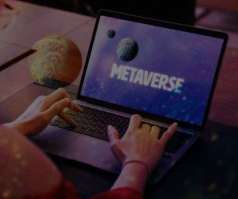
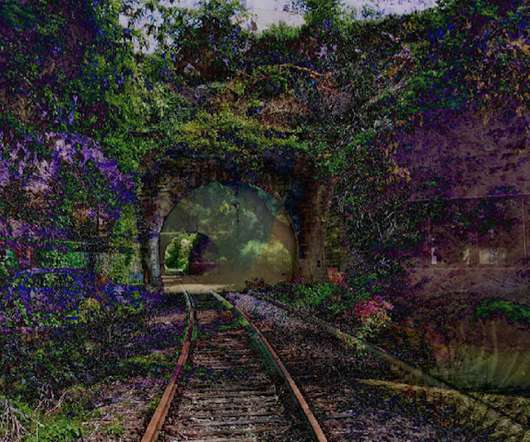
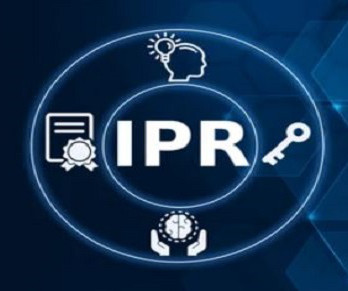
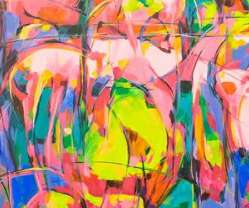
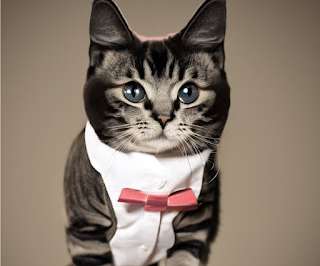
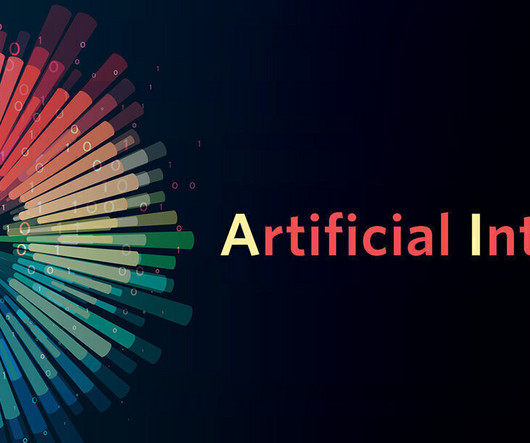






Let's personalize your content